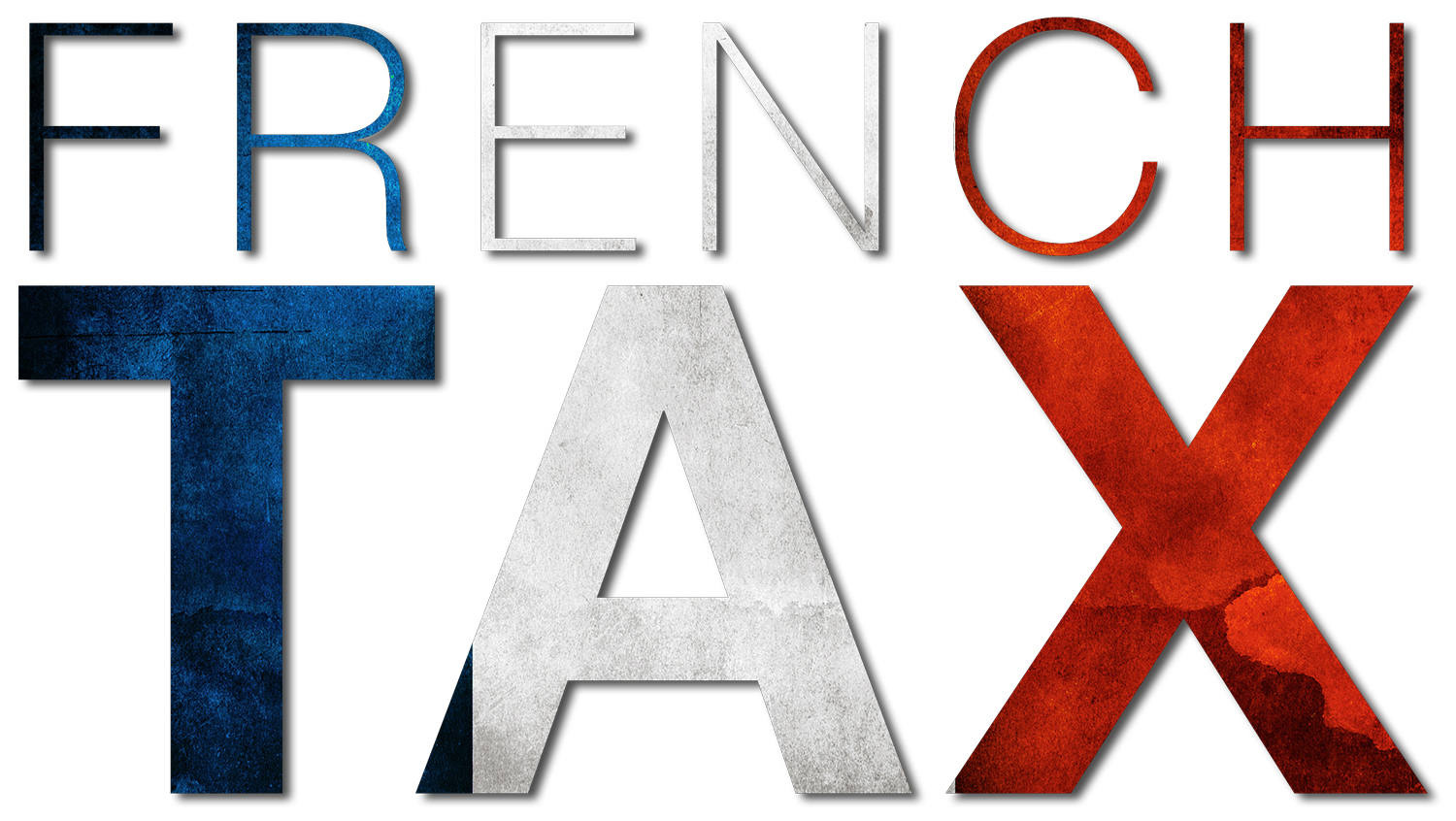It’s strange to think that this time last year I was in Quebec with my husband and children. Whilst autumn colours in Canada were absolutely splendid, I have really been enjoying seeing the colours of the trees and vineyards in my local area.
France is now in lockdown for at least the month of November. However unlike the previous lockdown schools will remain open and people can still go to work. Although I have become a lot more comfortable working from home online I enjoy my drives to see my clients. If you would like to speak to me about any matter, even if your annual review is not due at this time, please feel free to let me know and I would be happy to arrange a face to face meeting or an online video call. I can come and see my clients because that is my work but it may also be a way of preventing clients feeling isolated when they cannot see other people.
Being flexible is very important at this time. We don’t know what will happen in the future or how Christmas may be celebrated but what we do know is that
1) We have survived lockdown before so we know what works and what needs changing
2) We know that lockdown was effective in bringing the number of cases down
3) We have made enormous progress on understanding the virus and how to treat it, we are also getting ever closer to a vaccine. We just have to keep calm and carry on!
As you know in November, the Taxe d’Habitation is due (by 16th November or 21st November if paid online). This is a tax for all residents of buildings on 1st January. In 2020, 80% of French households will be considered exempt from paying this tax. In July 2019 Macron said in 2021 the higher income households would see a 30% reduction in their taxe d’habitation increasing to 65% in 2022 and 100% in 2023. So basically this tax will cease to exist after 2023.
As regards income tax, the tax levels have increased by 0.2% for the tax on income earned in 2020 to take into account the inflation forecast for 2019-2020. The new tax barriers are:
| Between 0 and €10,084 | 0% |
| From €10,084 to €25,710 | 11% |
| From €25,710 to €73,516 | 30% |
| From €73,516 to €158,122 | 41% |
| From €158,122 | 45% |

Just how is my tax calculated in France?
If you have looked at your tax statement and wondered how the tax is calculated, you may find the following rough guide to be useful.
If a couple has a total of €30,000 of income, their taxes would be as follows. €30,000 divided by 2 = €15,000
No tax for the first €10,084 but 11% on the difference between €10,084 and €15,000 (€4916 x 11% = €541). This amount is then multiplied by the number of people (or tax parts) so the total tax for this couple would be €1082.
For a couple with €60,000, the income is again divided between them (€60,000/2 = €30,000).
There is again no tax for the first €10,084, the next amount would be €25,710-€10,084=€15 626 at 11% which is €1719.
The difference between €30,000 and €25,710, i.e. €4290 would be taxed at 30% resulting in €1287.
The final tax would be (€1719 + €1287) x 2 = €6,012 total tax.
Once the tax is calculated then the tax reductions for home help expenses or charitable donations are deducted. For more information please request our free tax guide on our website.
If you have French investments or interest earning accounts and your taxable income (as shown on your 2020 tax return for your income earned in 2019) is less than €25,000 (or €50,000 for a couple) for interest, or for dividends €50,000 (or €75,000 for a couple) you must inform your bank or financial institution before 30th November 2020 so that they don’t withhold the 12.8% income tax on your income in 2021.
